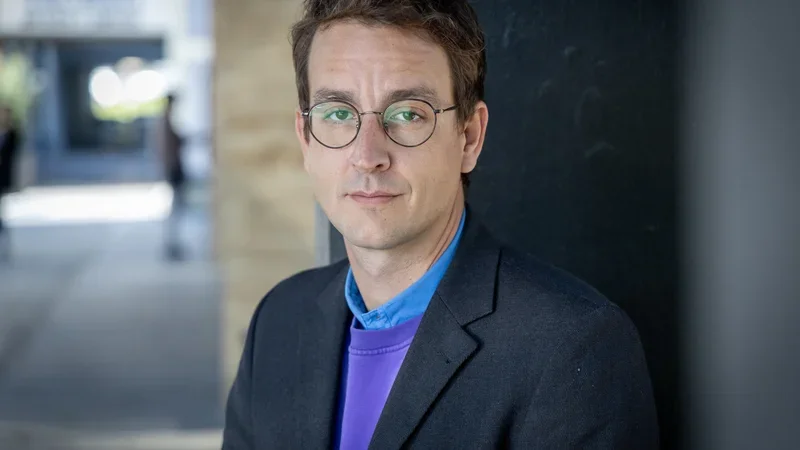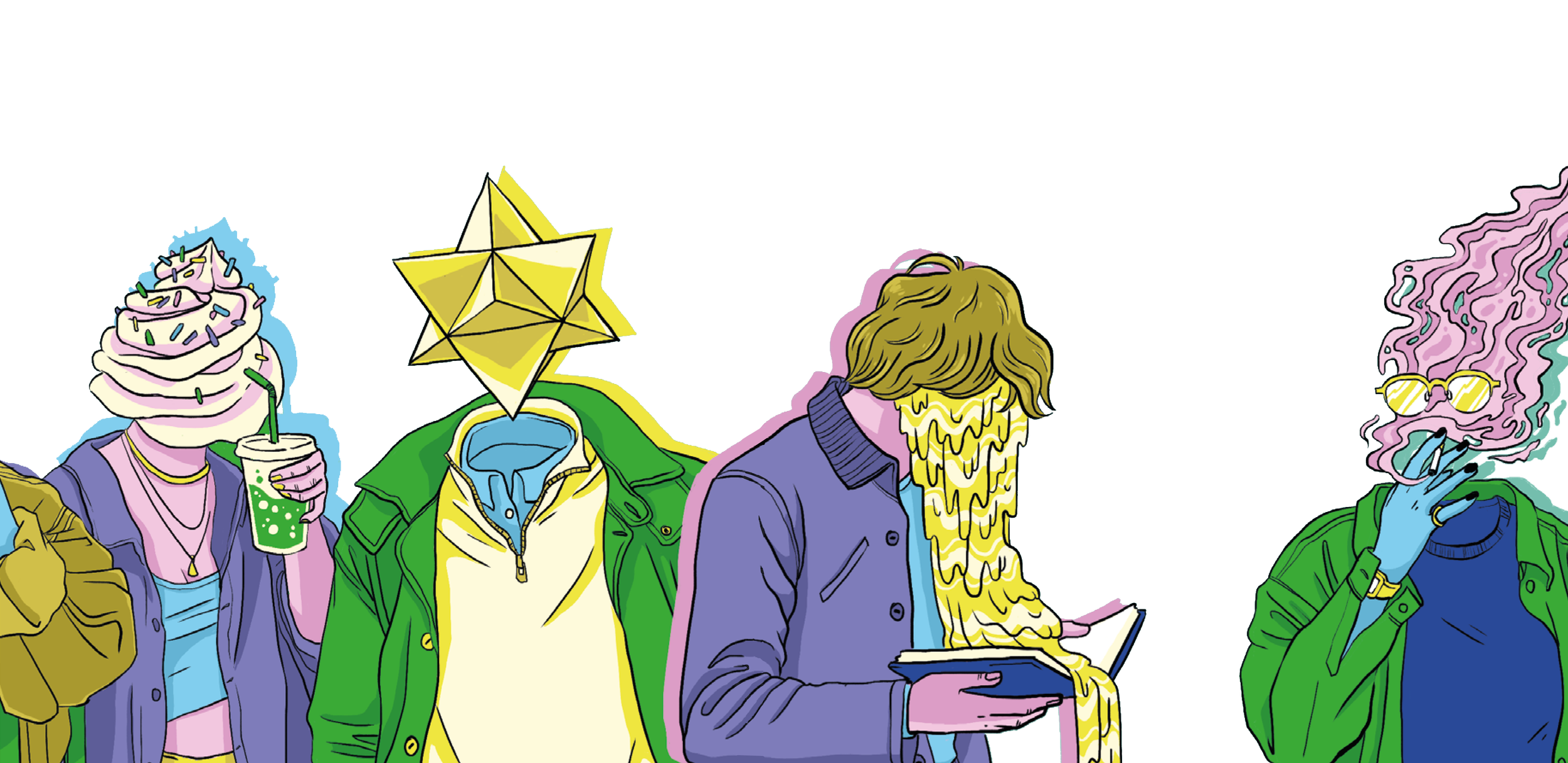
THE ICE SAINTS
Illustration: Tanja Semion
“Ljubljana in November has no foundations in the fog; stacks of damp walls, levitating in the air, and the people like fireflies in black overcoats, trapped within the blinking spheres of their fields of vision.”
THE ICE SAINTS
Beletrina, Ljubljana, 2023
pp. 510
The Ice Saints tells the tale of a student Leon Kalan, learning about the world and his place in it under the influence of literary classics. Taking the lead from famous parvenus, he joins a group of wealthy students on their exploration of quantum philosophies, elevated states of mind, and their attempt to recreate Europe as a friendly community of individuals. Each is assigned a country and Leon wrestles with French literature and film before journeying to France, from where he is sending melancholy letters to his girlfriend and his pious mother. Upon his return, his world is becoming increasingly unbearable; Ljubljana is rocked by protests, the Large Hadron Collider goes online in Switzerland, and tightly woven friendships strain under the weight of a crime.
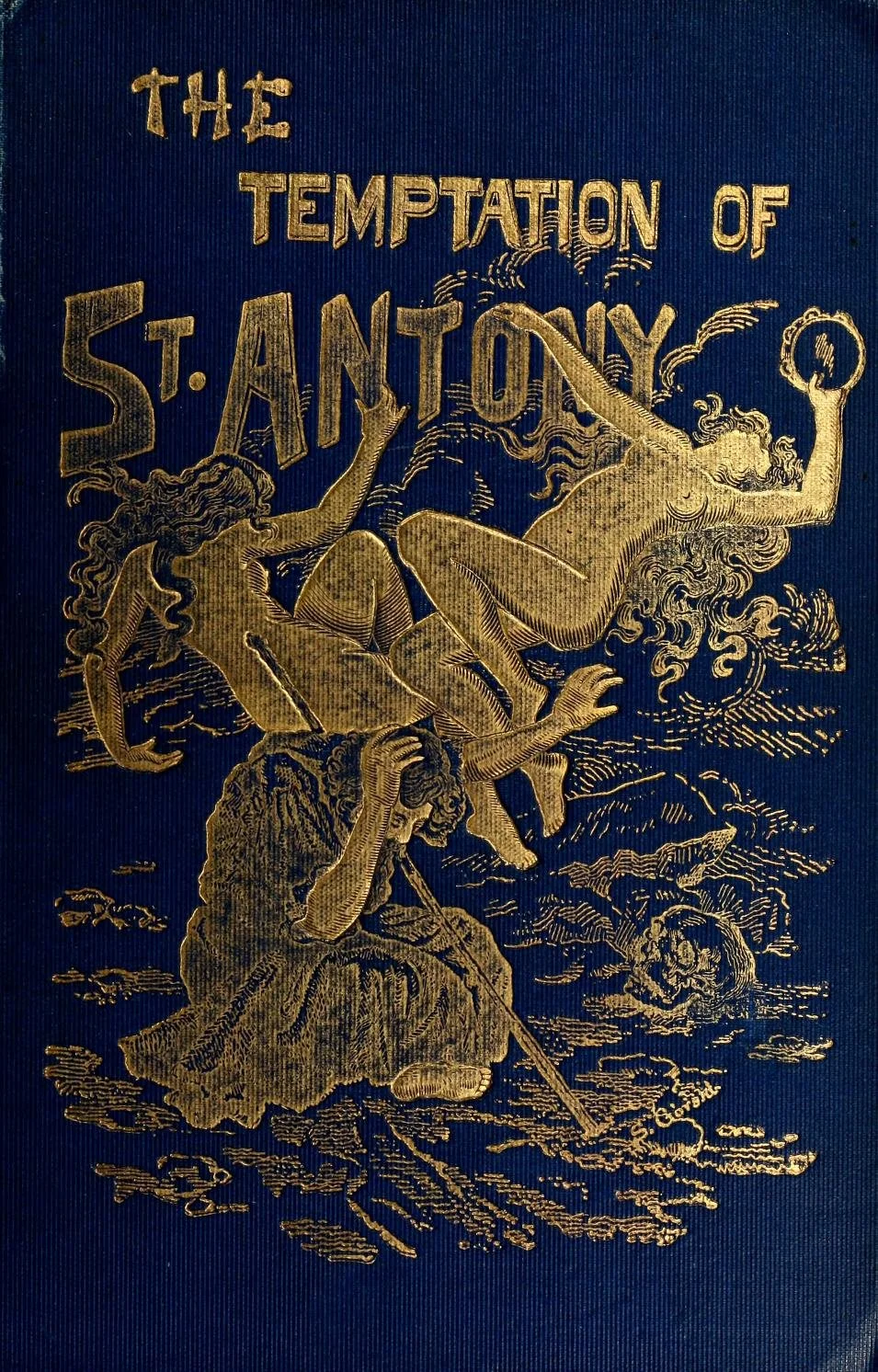
“HILARION
The secret thou wouldst obtain is guarded by sages. They dwell in a distant land; they are seated beneath giant trees; they are robed in white; they are calm as Gods. A warm air gives them sufficient nourishment. All about them, leopards tread upon grassy turf. The murmuring of fountains and the neighing of unicorns mingle with their voices. Thou shalt hear them; and the face of the Unknown shall be unveiled!
ANTHONY
sighing:
The way is long; and I am old.
HILARION
Oh! oh! wise men are not rare! there are some even very nigh thee!—here! Let us enter!”
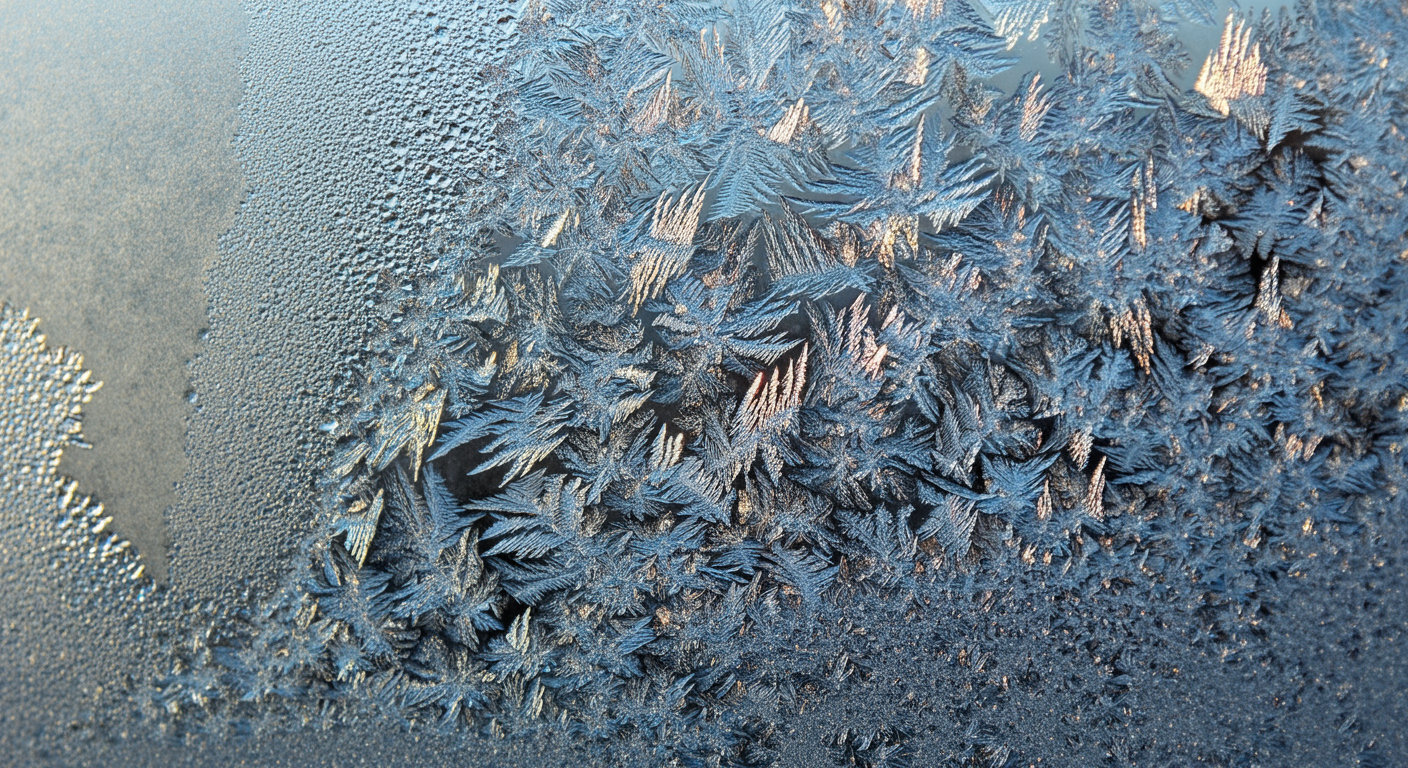
“Despite its problems with nationalisms, I see no alternative to Europe.”
Interview in Slovenian, Delo, Oct. 25, 2024
A few months ago, the doyen of Slovenian comparative literature Janko Kos described contemporary literature as often lacking in ideas and retreating into tedious privacy, thus losing its social influence. How do you respond from the front lines? You’ve written somewhere that the present holds the promise for excellent literature.
I share some of his misgivings about autofiction, which, by cleverly inserting one’s own story into the broader social context, internalizes societal ideology. Literature should not lead us to reconcile with the world—for that, we have religion, consumerism, and alcohol—but should instead maintain a veil of ontological uncertainty draped over the world. Socially influential literature is the kind that says: all of this could also be different. Of course, even that is probably comforting to some. I don’t know if professor Kos has read The Ice Saints, but I would be interested to know if he truly sees nothing more than a duplication of his argument in the novel.
Today, we are inundated with stories, but literature is increasingly regarded as just another branch of entertainment, while its role as a safe laboratory for exploring human experience is being pushed aside. In such a system, the author is either prompted to self-censor or to redirect their creativity to more lucrative fields where they can let their imagination run wild—design or marketing, for example. In the end, the entire media structure conspires against reading, as the consumer’s attention is a commodity like any other, and books demand quite a lot of it, without a break for commercials.
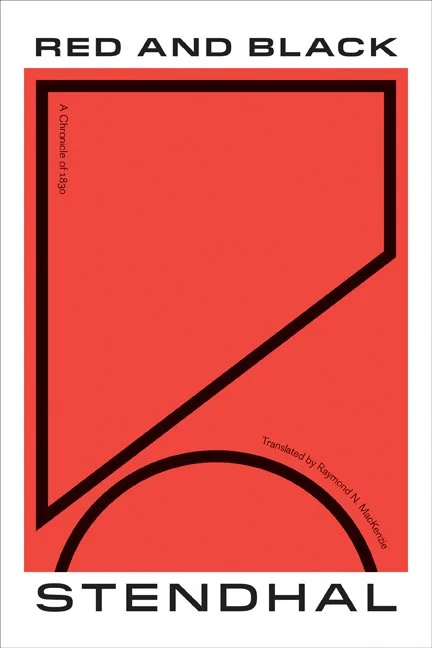
“An English traveler tells of the intimacy in which he lived with a tiger. He had trained it and would caress it, but he always kept a cocked pistol on his table.”
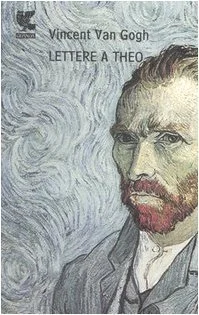
“Going down into a mine is a very unpleasant sensation. One goes in a kind of basket or cage, like a bucket in a well, but in a well from 500 - 700 meters deep, so that when looking upward from the bottom, the daylight is about the size of a star in the sky.”
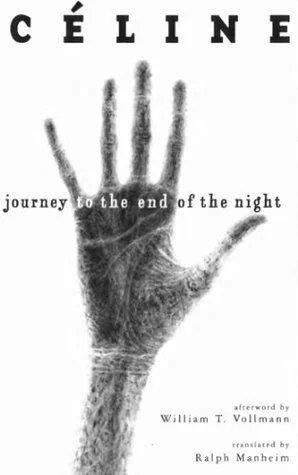
“That street was like a dismal gash, endless, with us at the bottom of it, filling it from side to side, advancing from sorrow to sorrow, toward an end that is never in sight, the end of all the streets in the world.”
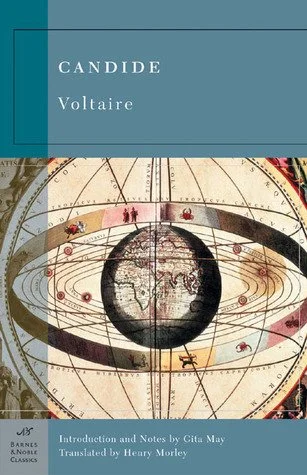
“If this is the best of all possible worlds, what are the others like?”
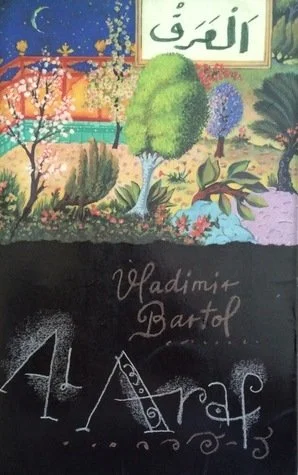
“A lamb should not teach the wolves humanity: on top of it all, it would be laughed at.”
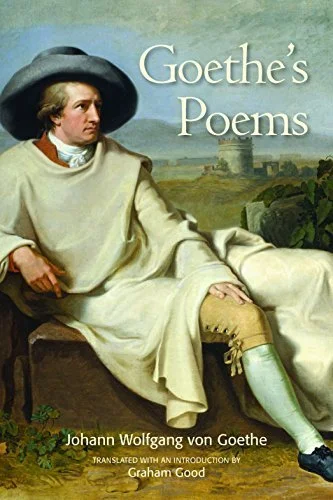
“Tell me, how to get rid of the sparrows? – The gardener asks me.
How to do away with the maggots, the manifold insects,
the moles and the cabbage fleas, the wasps and the worms,
all this hellish infestation?
Just leave them be, they will soon devour each other.”
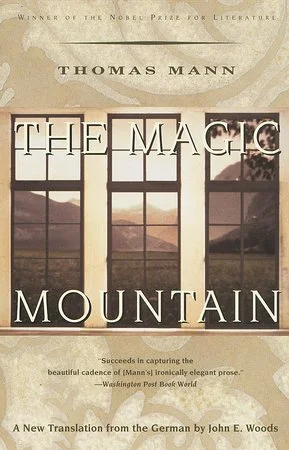
“Caro amico! There will be decisions to make, decisions of unspeakable importance for the happiness and the future of Europe; it will fall to your country to decide, in her soul the decision will be consummated.”
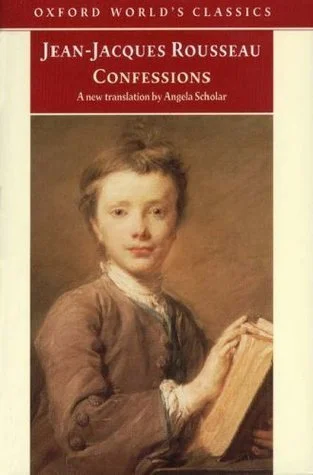
“If I want to describe the spring it must be in winter; if I want to describe a fine landscape I must be within doors; and as I have said a hundred times, if ever I were confined in the Bastille, there I would draw the picture of liberty.”
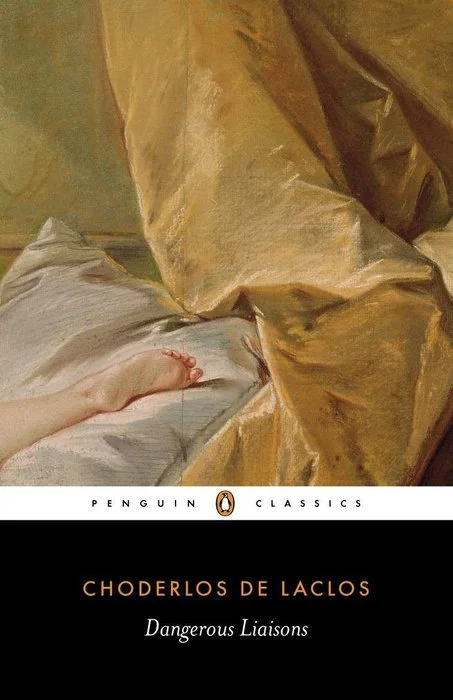
“I had, however, fine cause enough for uneasiness, had not my utter indifference saved me from it.”
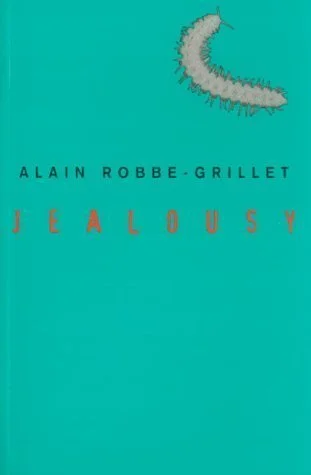
“These birds, it is true, are served frequently.”
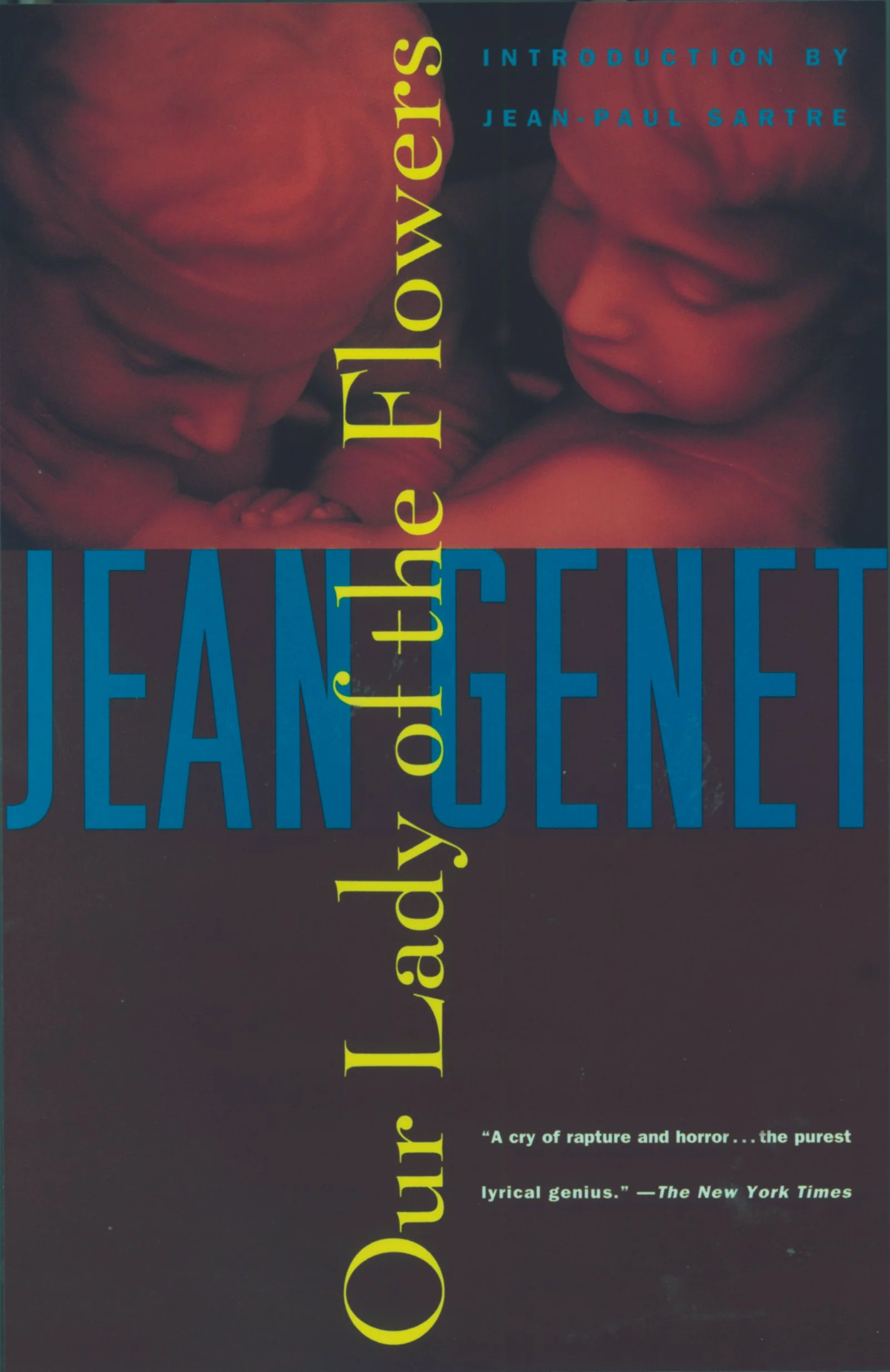
“On Sunday mornings we felt the hypocritical purity of virgins.”
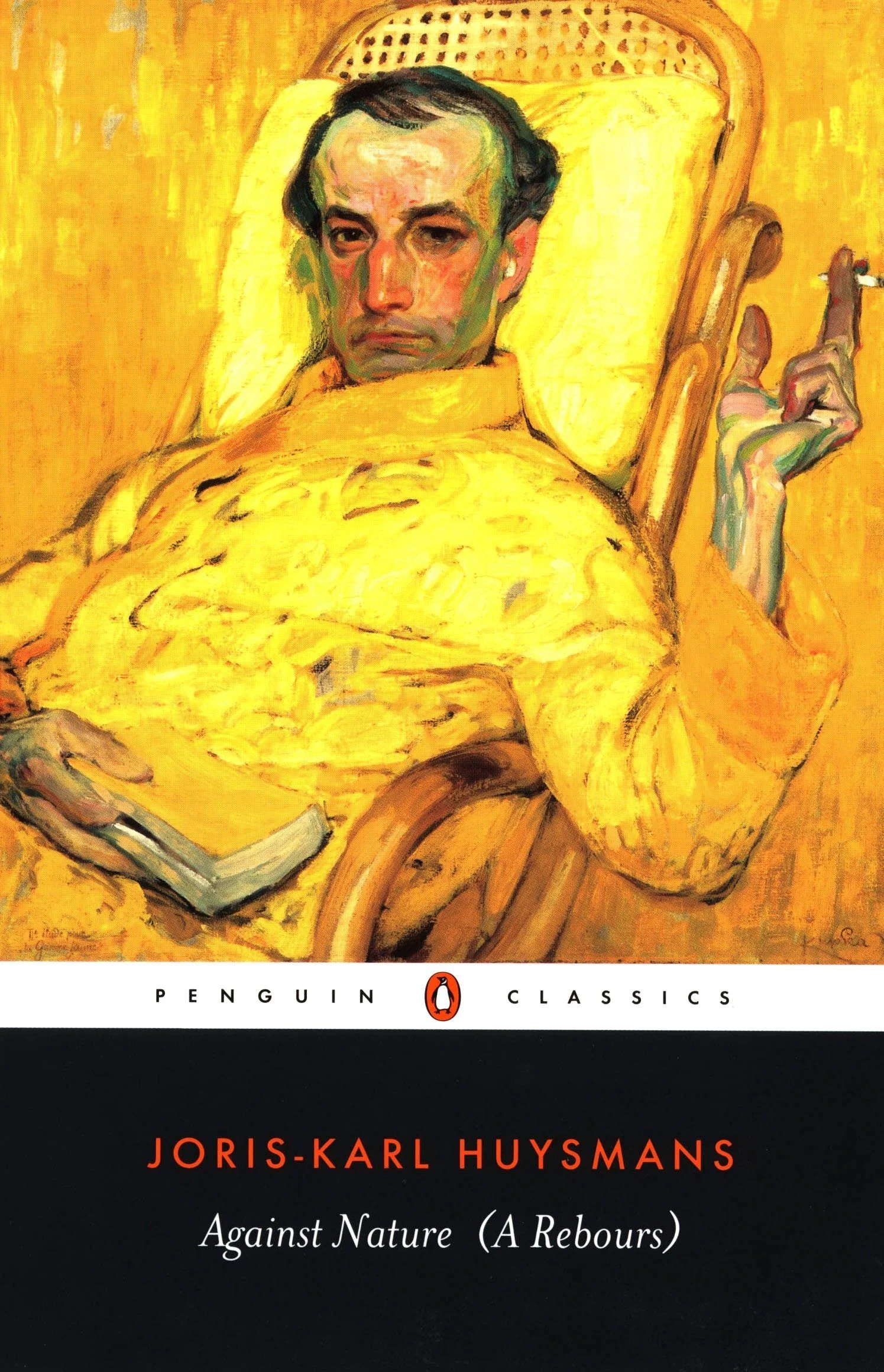
“‘Well, then, society, crash to ruin! Die, aged world!’ cried Des Esseintes, angered by the ignominy of the spectacle he had evoked.”
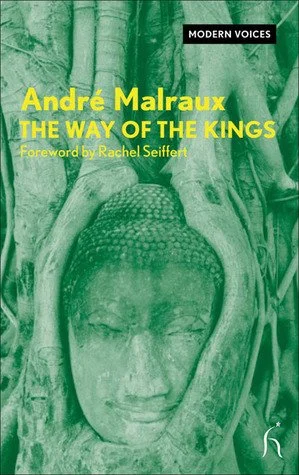
“‘And the other death, the one within us?’
‘To exist in spite of all of this (Perken’s gaze pointed at the fearsome majesty of the night), do you understand what this means?’”
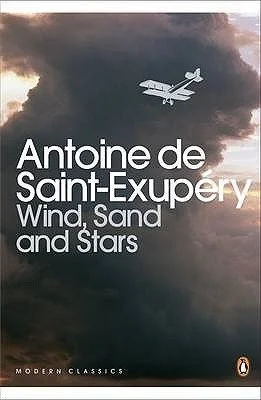
“But this freedom had in it a taste of bitterness: what he learned from it with most intensity was that he had no ties with the world.”
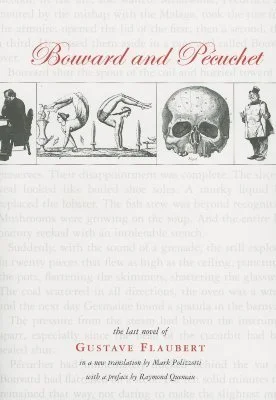
“‘Do you believe,’ said Bouvard, ‘that the world will change, thanks to the theories of some particular gentleman?’
‘What does it matter?’ said Pécuchet; ‘it is time to cease stagnating in selfishness. Let us look out for the best system.’”
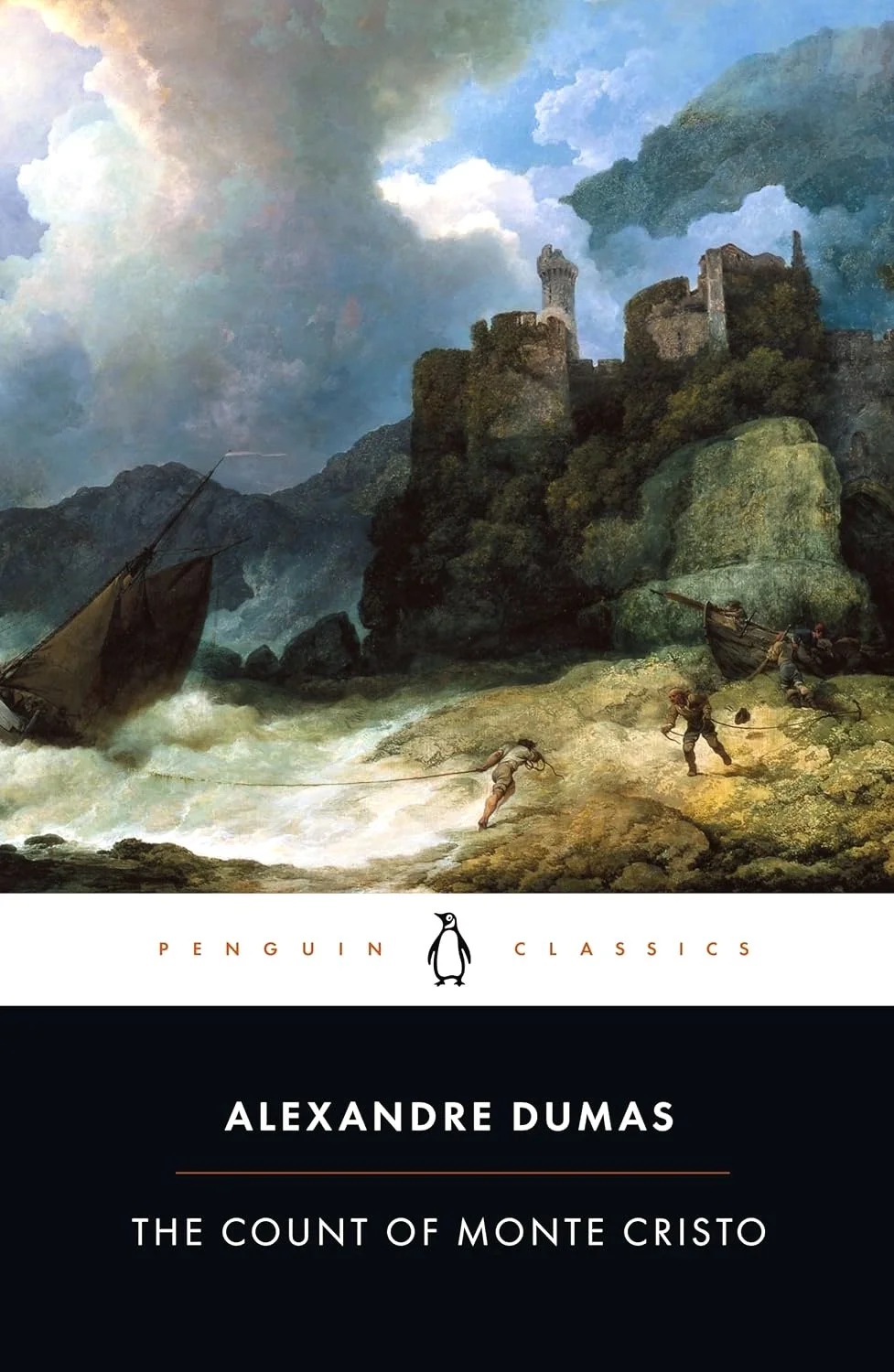
“‘Just God!’ he muttered, ‘whence comes this thought? Is it from thee? Since none but the dead pass freely from this dungeon, let me take the place of the dead!’”
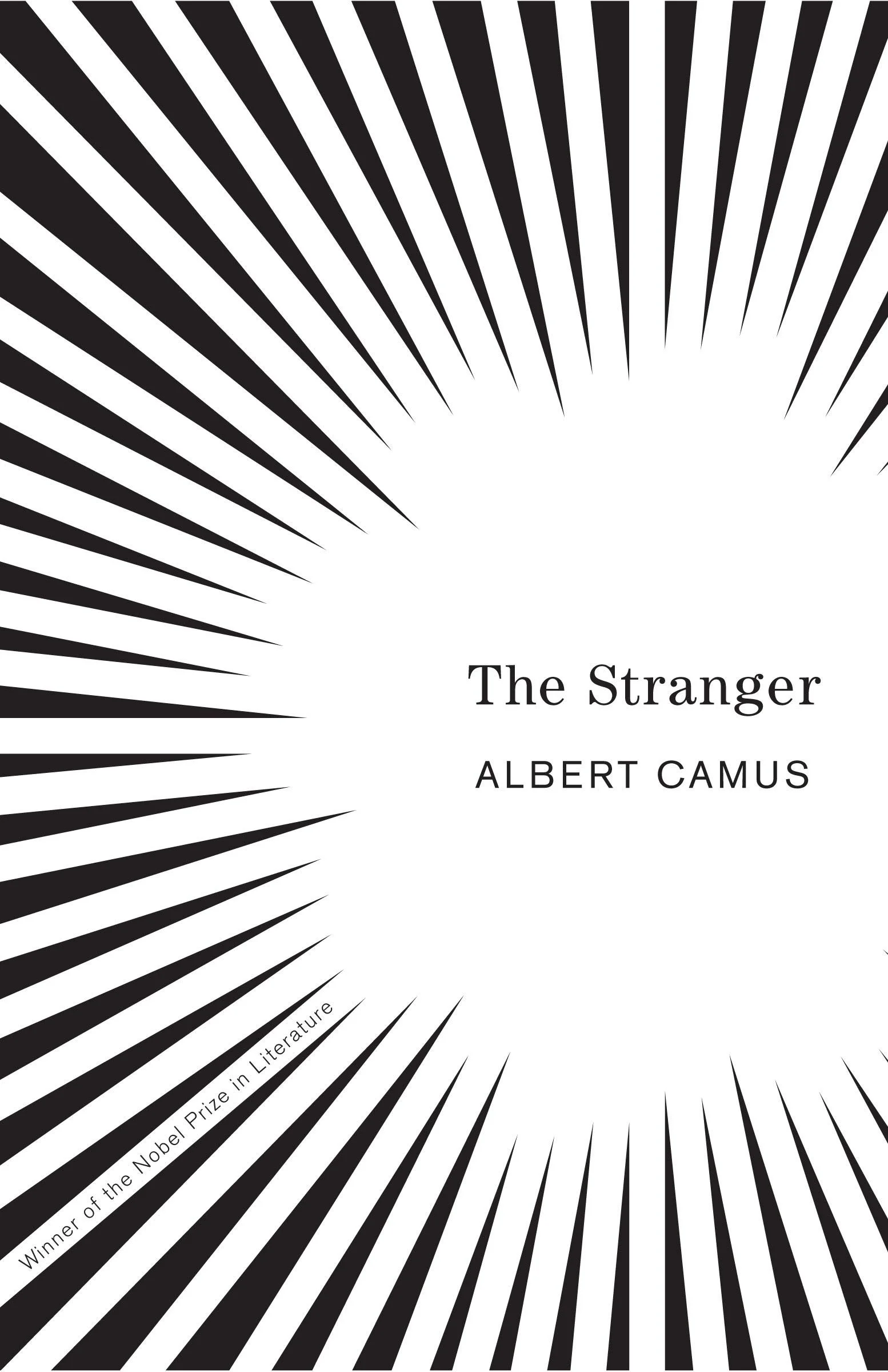
“At one time or another all normal people have wished their loved ones were dead. Here the lawyer interrupted me and he seemed very upset.”
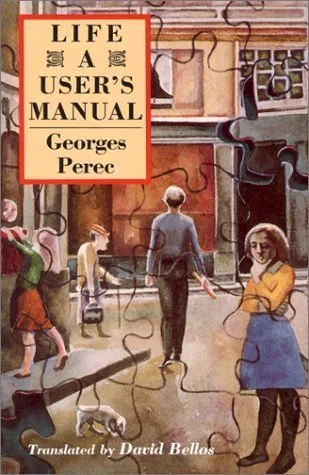
“Bartlebooth found the very essence of his passion in this feeling of being stuck: a kind of torpor, a sort of repetitious boredom, a veiled befuddlement in search of a shapeless something whose outlines he could barely manage to mumble in his mind.”
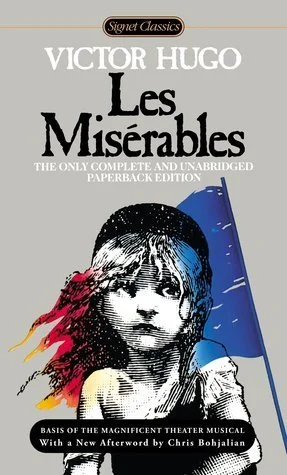
“You are free to waste this wealth – and to consider me ridiculous into the bargain. That will be the triumph of your ignorance.”
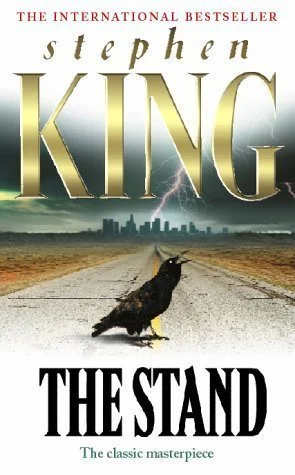
“He was in the last stages of radiation sickness. His hair was gone. His arms, poking out of the tatters of his shirt, were covered with open running sores. His face was a cratered red soup from which one desert-faded blue eye peered with a terrible, pitiful intelligence. His teeth were gone. His nails were gone. His eyelids were frayed flaps.”
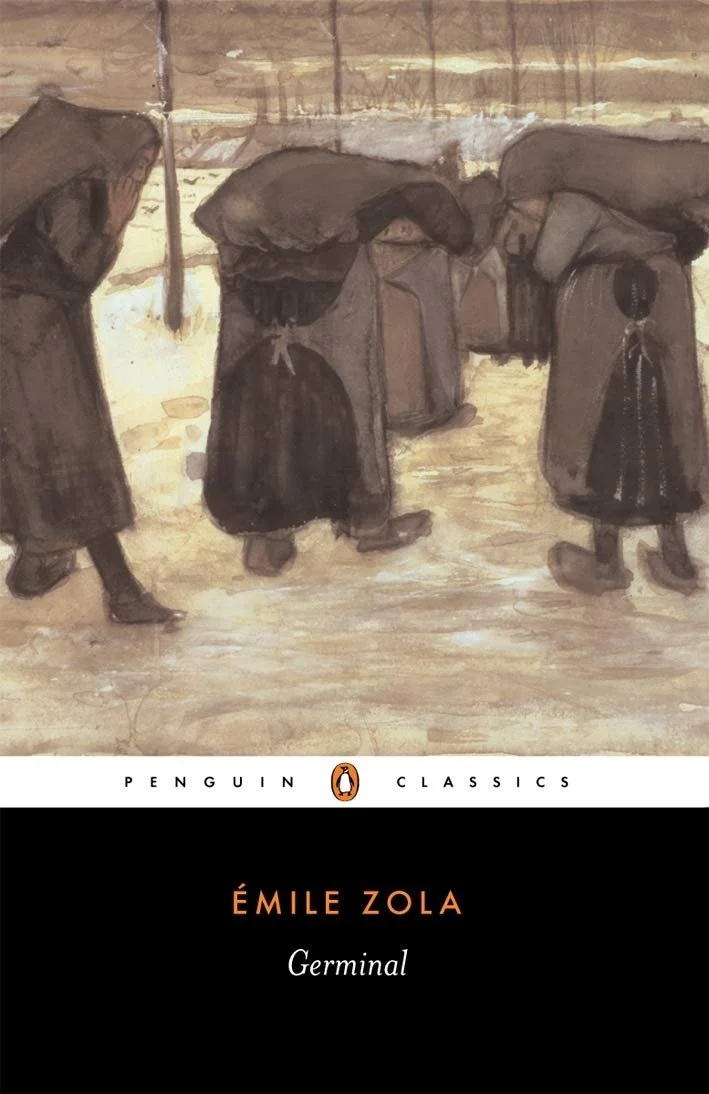
“‘The Company’ll kick him while he’s down, and kick him hard, like a dog being put back in its kennel after it’s got out…And that’s what I want to prevent! Understood?’”
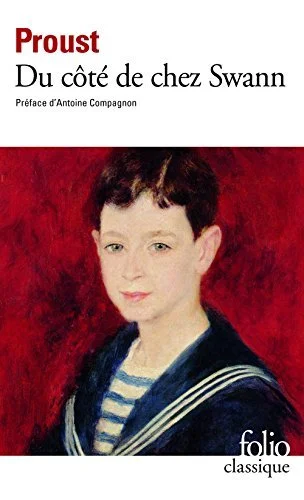
“Ma seule consolation, quand je montais me coucher, était que maman viendrait m’embrasser quand je serais dans mon lit.”
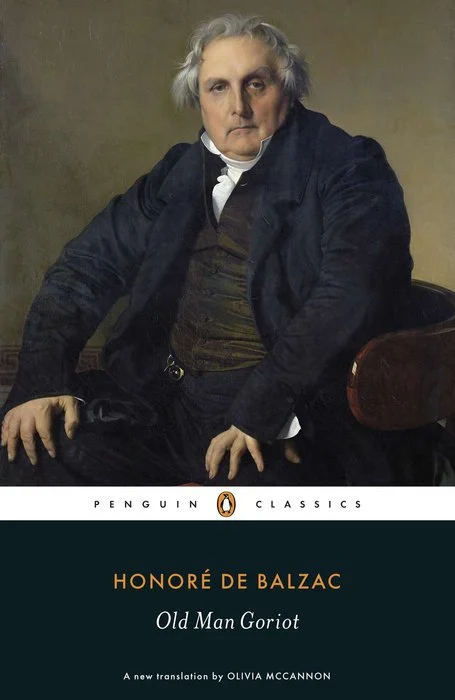
“As soon as I get there, my lads will put heart and soul into planning a bolt for their general, the good Cat-o’-Nine-Lives!”
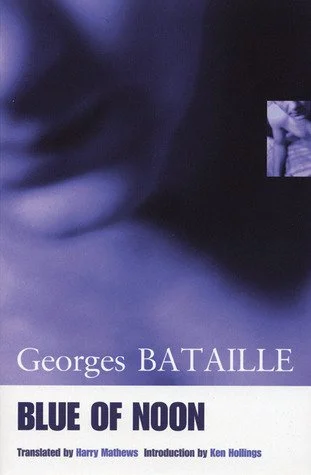
“There was nothing left between us except disillusioned hostility.”
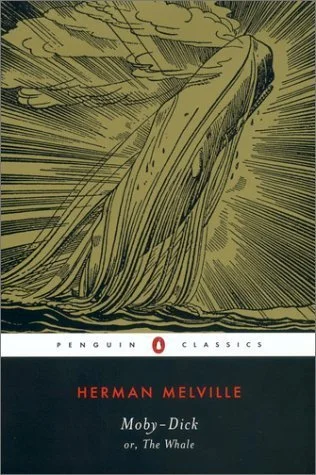
“And what are you, reader, but a Loose-Fish and a Fast-Fish, too?”
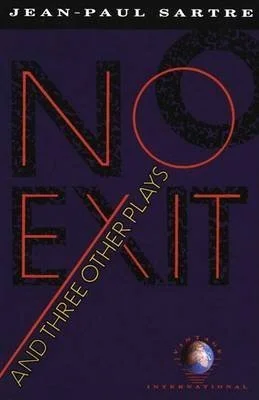
“Everything goes black; one’s eyes are moistened.”
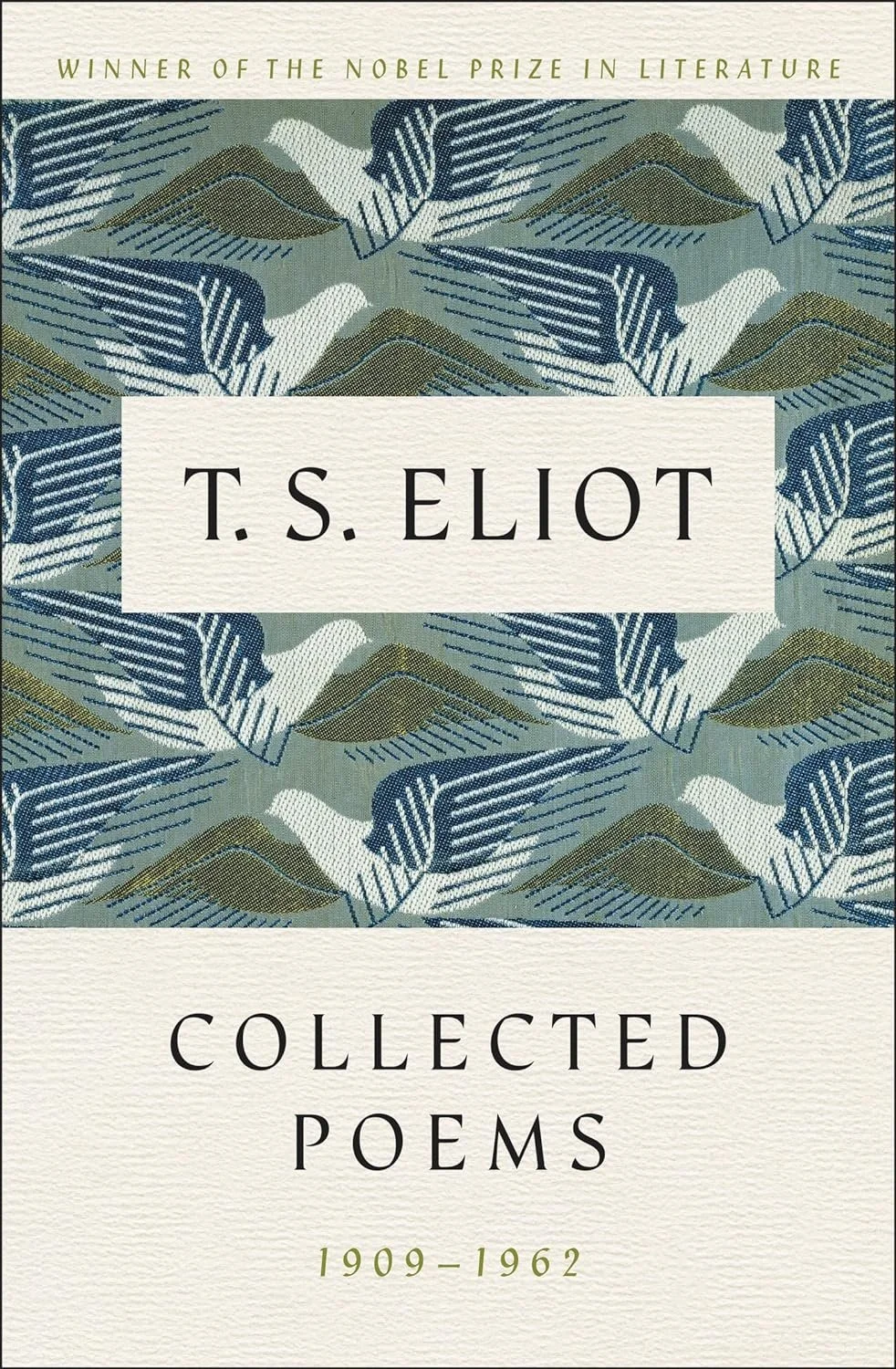
“We are the hollow men
We are the stuffed men
Leaning together
Headpiece filled with straw. Alas!”
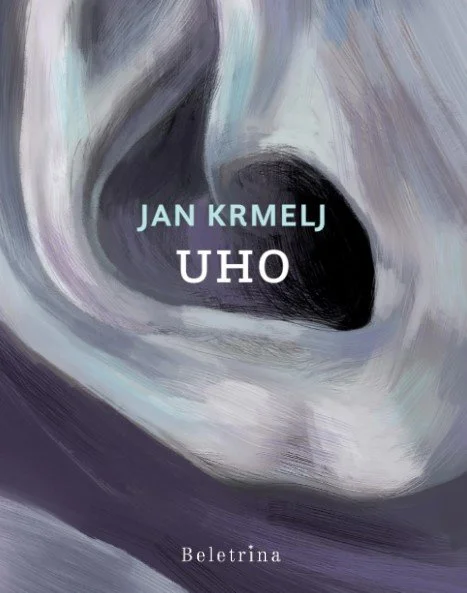
“My hands are growing numb from singing.”
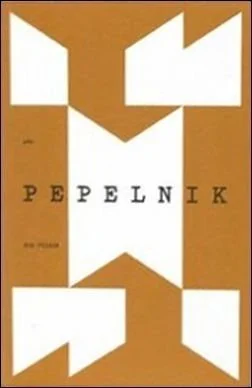
“But I won’t be able to fight much longer
with the flower growing in my heart.”

“did you know that the sky before the fire is brown and not
gray as is commonly thought by those who did not burn yet”
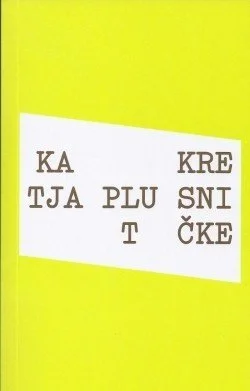
“There is a quiet
god, who was no moral scruples about
biting. ”
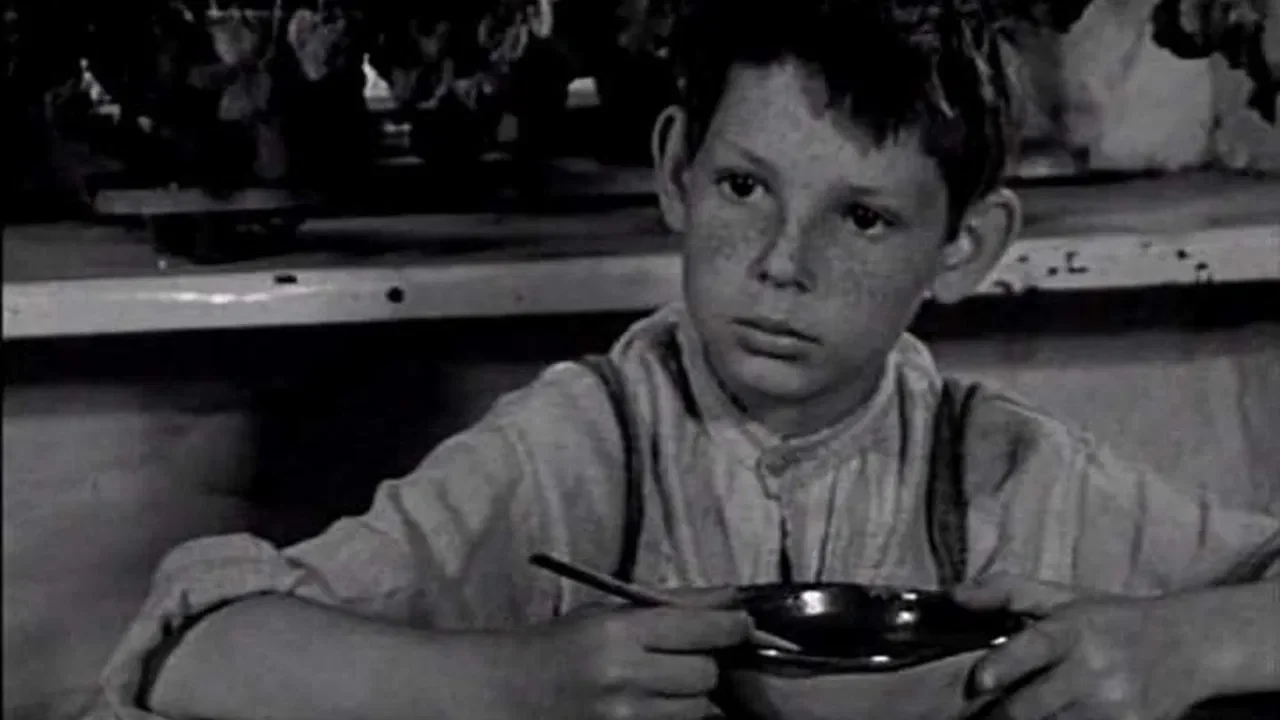
“There lived a nasty savage
Who fed on human kin
He cooked them in a porridge
and picked them fully clean”
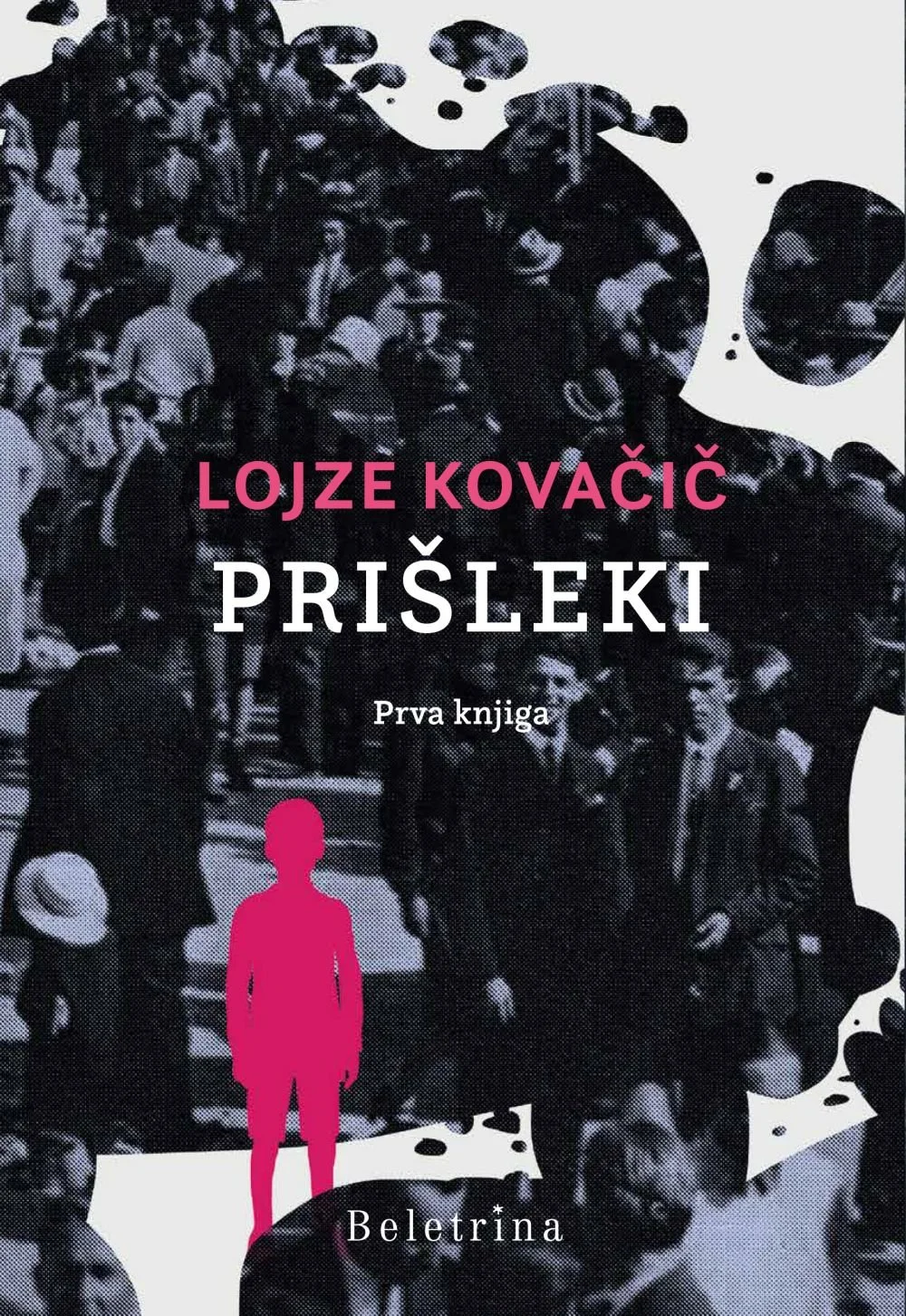
“The city is not made only by the electrical wiring and the sewers, the city is made foremost by the ghosts of its inhabitants, living there since time immemorial …”

“Ljubljana in November has no foundations in the fog.”
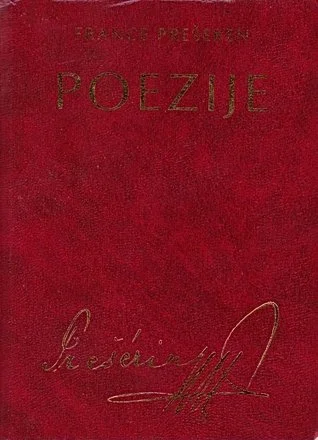
“Strings! sound gently,
gently, poem! mourn;”
